When shopping for smoke alarms in the UK, price is often a top consideration—right alongside safety and reliability. But with so many options on the market, from basic standalone models to advanced wireless interlinked systems, it’s easy to feel confused about what you should pay. This guide breaks down smoke alarm prices in the UK, explains what drives cost differences, and helps you find the best value for your budget—whether you’re a renter, homeowner, or landlord.
What’s the Average Price of Smoke Alarms in the UK?
Smoke alarm prices in the UK vary widely, depending on the type, features, and brand. To start, let’s look at the typical price ranges for the most common models, so you can get a quick sense of what to budget:
| Type of Smoke Alarm | Average Price Range (UK £) | Key Features |
|---|---|---|
| Basic Standalone Smoke Alarm | £10 – £30 | Single unit, battery-powered, EN 14604 certified |
| Hardwired Standalone Smoke Alarm | £20 – £45 | Wired to mains, often with backup battery |
| Battery-Powered Wireless Interlinked Alarm (Single Unit) | £25 – £50 | Connects to other alarms wirelessly, no wiring |
| Battery-Powered Wireless Interlinked Alarm (Multi-Pack: 2–4 Units) | £60 – £150 | Multiple alarms for whole-home coverage, pre-linked |
| Heat Alarm (for Kitchens) | £15 – £40 | Detects heat (not smoke), reduces false alarms |
| Combined Smoke & Carbon Monoxide (CO) Alarm | £30 – £70 | Dual protection, ideal for homes with gas appliances |
What Drives Price Differences? 5 Key Factors
Not all smoke alarms are priced the same—and the cost usually reflects the features and quality you’re getting. Here are the main factors that affect how much you’ll pay:
1. Type of Power Source
- Battery-powered: Generally cheaper upfront (£10–£50 per unit) because they don’t require wiring. However, you’ll need to factor in battery replacement costs over time—unless you choose a model with a long-life lithium battery (5–10 years), which might cost a bit more initially (£25–£50) but saves money long-term.
- Hardwired: More expensive upfront (£20–£45 per unit) because they need to be connected to your home’s mains electricity. You may also need to hire an electrician to install them (adding £50–£100 to your total cost), which pushes up the overall price. Hardwired models are common in new builds but less practical for older homes or renters.
2. Interlinking Capability
Standalone alarms are the cheapest option (£10–£45), but they only alert you if smoke is detected in their immediate area. Wireless interlinked alarms cost more (£25–£50 per unit, or £60–£150 for multi-packs) because they communicate with each other—when one sounds, all sound. This is a critical safety feature (and legally required in new builds), so the extra cost is often worth it for peace of mind.
3. Additional Features
Extra features add to the price, but they can also make your alarm more reliable or convenient:
- False alarm prevention: Alarms with advanced sensors (e.g., photoelectric sensors for slow-burning fires) or “hush” buttons cost £5–£15 more than basic models, but they reduce annoying false triggers from cooking steam or dust.
- Carbon monoxide (CO) detection: Combined smoke & CO alarms cost £30–£70 (vs. £10–£50 for smoke-only), but they’re essential if you have gas boilers, fires, or cookers—CO is a silent killer, so this is a valuable upgrade.
- Long-life batteries: Alarms with 5–10 year lithium batteries cost £10–£20 more than those with standard alkaline batteries, but you won’t have to replace batteries every 6–12 months.
4. Brand Reputation
Well-known brands with a track record of reliability (e.g., Wisualarm, Aico, Kidde) often charge slightly more (£5–£20 per unit) than generic brands. This premium usually includes better build quality, longer warranties (3–5 years vs. 1–2 years), and better customer support—important for a safety device you’ll rely on for years.
5. Multi-Pack Savings
Buying a multi-pack (2–4 alarms) is almost always cheaper per unit than buying single alarms. For example, a single wireless interlinked alarm might cost £35, but a 3-pack could cost £80—saving you around £25 total. This is a great option if you need to cover multiple rooms (e.g., hallways, landing, kitchen).
How to Choose the Right Smoke Alarm for Your Budget
Your budget will depend on your needs—here’s how to prioritize spending:
Budget (£30–£60): Renters or Small Flats
If you’re on a tight budget or live in a small flat, focus on battery-powered standalone alarms or a small interlinked multi-pack:
- 1 smoke alarm for the hallway + 1 heat alarm for the kitchen: £25–£60 total.
- Look for long-life batteries to avoid future costs (e.g., Wisualarm’s basic interlinked model with a 10-year battery, around £30 per unit).
Mid-Range (£60–£120): Average Homes (2–3 Bedrooms)
For a typical 2–3 bedroom house, invest in a wireless interlinked multi-pack (3–4 units):
- 2 smoke alarms (hallway, landing) + 1 heat alarm (kitchen): £60–£100.
- Add a combined smoke & CO alarm if you have gas appliances: £30–£70 extra (total £90–£170).
- This covers all key areas and meets fire safety experts’ recommendations.
Premium (£120–£200+): Larger Homes or Extra Protection
If you have a 4+ bedroom house, a detached property, or want maximum protection:
- 4–5 wireless interlinked alarms (smoke + heat) + 1–2 combined smoke & CO alarms: £120–£200.
- Look for expandable systems (e.g., Wisualarm’s interlinked range, which connects up to 24 units) so you can add more alarms later if needed.
Why Wisualarm Offers Great Value for UK Budgets
When it comes to balancing price and quality, Wisualarm stands out for UK consumers. Here’s why their smoke alarms offer excellent value:
Transparent, Competitive Pricing
Wisualarm’s range is priced to fit most budgets, with no hidden costs:
- Single battery-powered wireless interlinked smoke alarm: £12.99 (includes a 10-year lithium battery—no future battery costs).
- 3-pack (2 smoke + 1 heat alarm): £49.99 (saves £20 vs. buying single units).
All models are EN 14604 certified, so you’re getting a safety-compliant product without overpaying for a big brand name.
Long-Term Savings
Wisualarm’s 10-year lithium batteries eliminate the need to buy and replace alkaline batteries every 6–12 months (saving £5–£10 per year). Their 5-year warranty also means you won’t have to replace the alarm itself for years—unlike cheaper generic models that may fail after 1–2 years.
No Installation Costs
Unlike hardwired alarms, Wisualarm’s battery-powered wireless models are easy to install yourself (no electrician needed). Each pack comes with adhesive pads (for renters) and screws (for homeowners), so you can set up your system in under an hour—saving £50–£100 on installation fees.
Final Tips for Saving Money on Smoke Alarms
- Buy multi-packs: Always choose multi-packs over single units to get the best per-unit price.
- Avoid unnecessary features: Don’t pay extra for “smart” features (e.g., app connectivity) unless you’ll actually use them—basic interlinked alarms are more than enough for most homes.
- Check for deals: Many retailers (e.g., B&Q, Screwfix, Amazon) offer discounts on smoke alarms during fire safety campaigns (e.g., Fire Kills Week in October) or seasonal sales.
- Prioritize key areas first: If you can’t afford to cover every room immediately, start with the hallway, landing, and kitchen—these are the most critical areas for fire safety.
Final Thoughts
Smoke alarms are an investment in your home’s safety, but you don’t have to overspend. By understanding what drives prices and focusing on the features you need, you can find a reliable system that fits your budget. Wisualarm’s range offers UK consumers a perfect balance of affordability, quality, and long-term savings—so you can protect your family without breaking the bank.
Don’t compromise on safety to save a few pounds. A well-priced, reliable smoke alarm could be the difference between a close call and a tragedy. Shop Wisualarm’s range today and get peace of mind at a price you can afford.





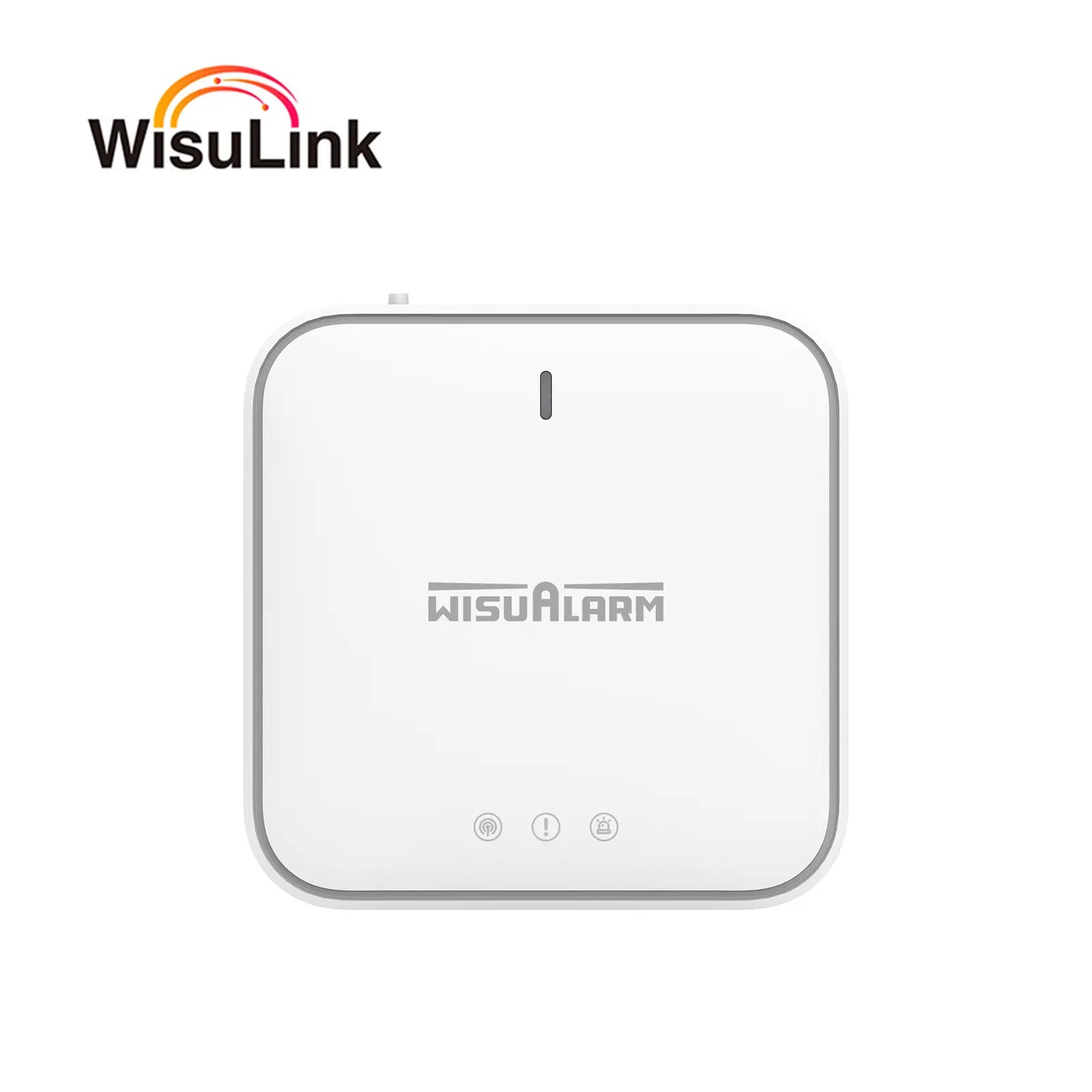
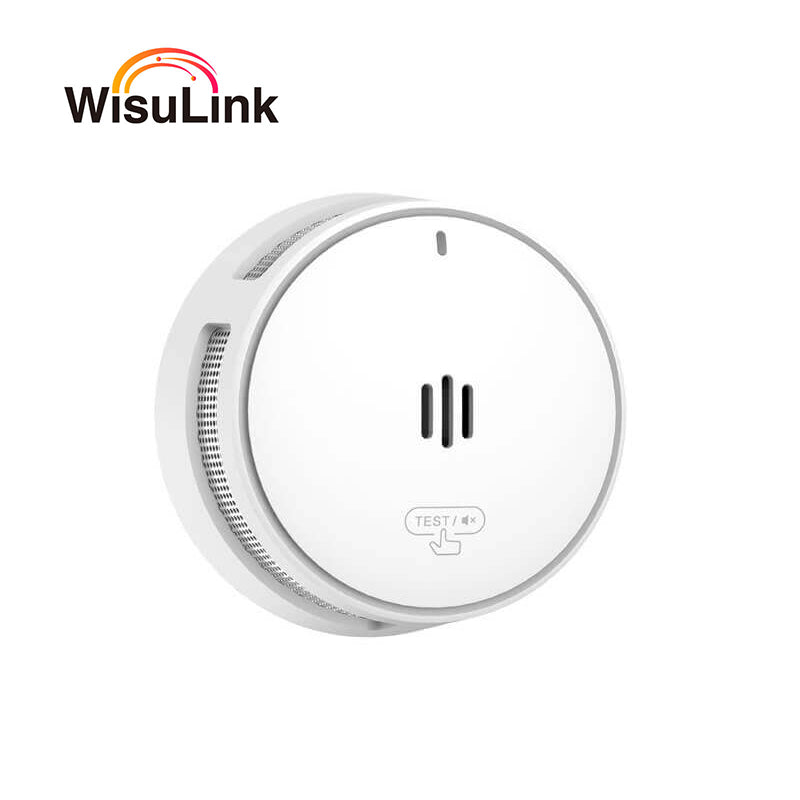
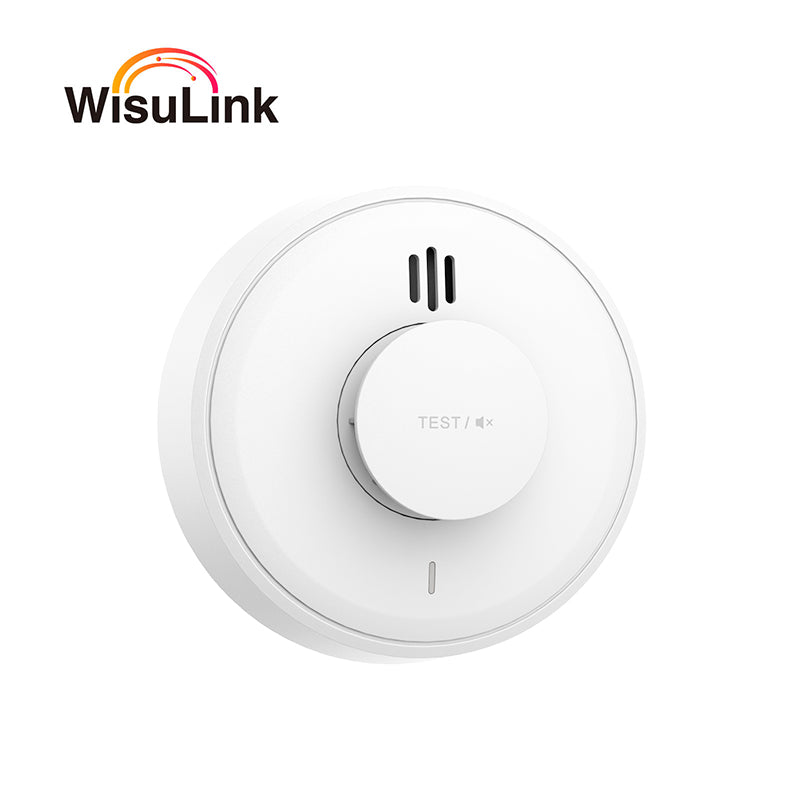
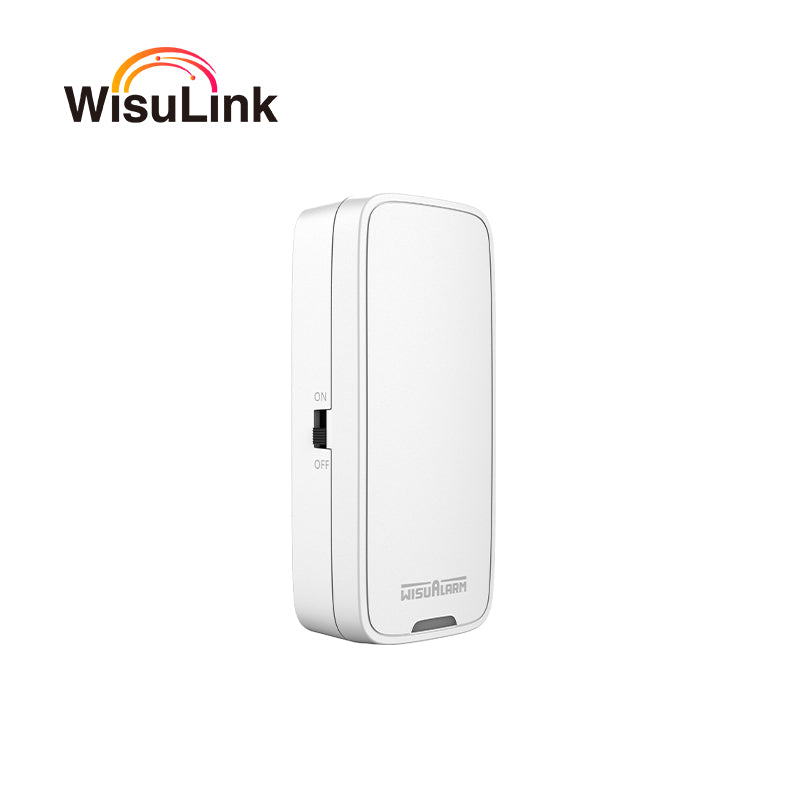









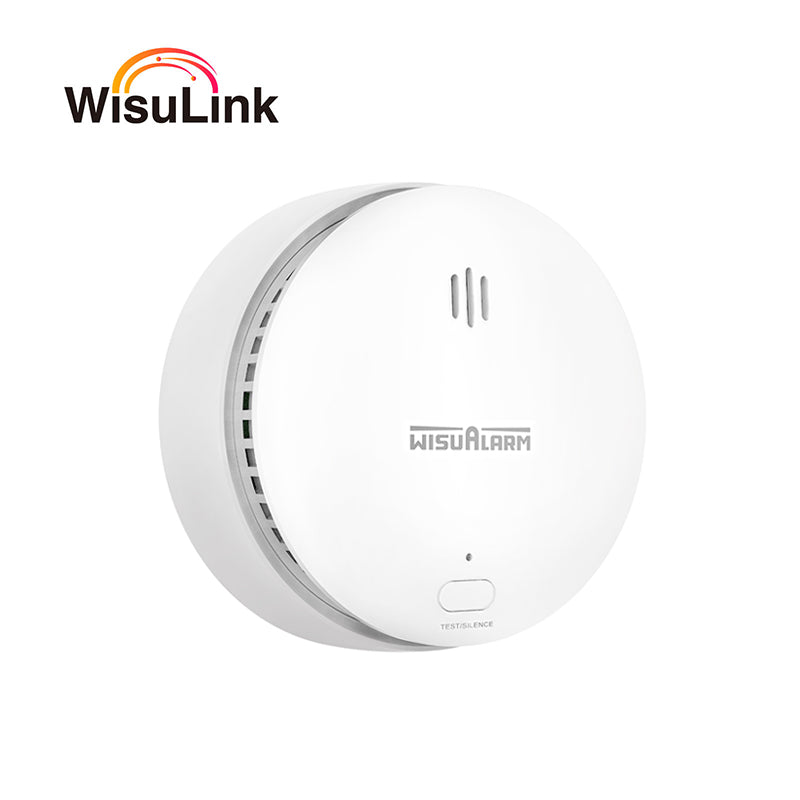
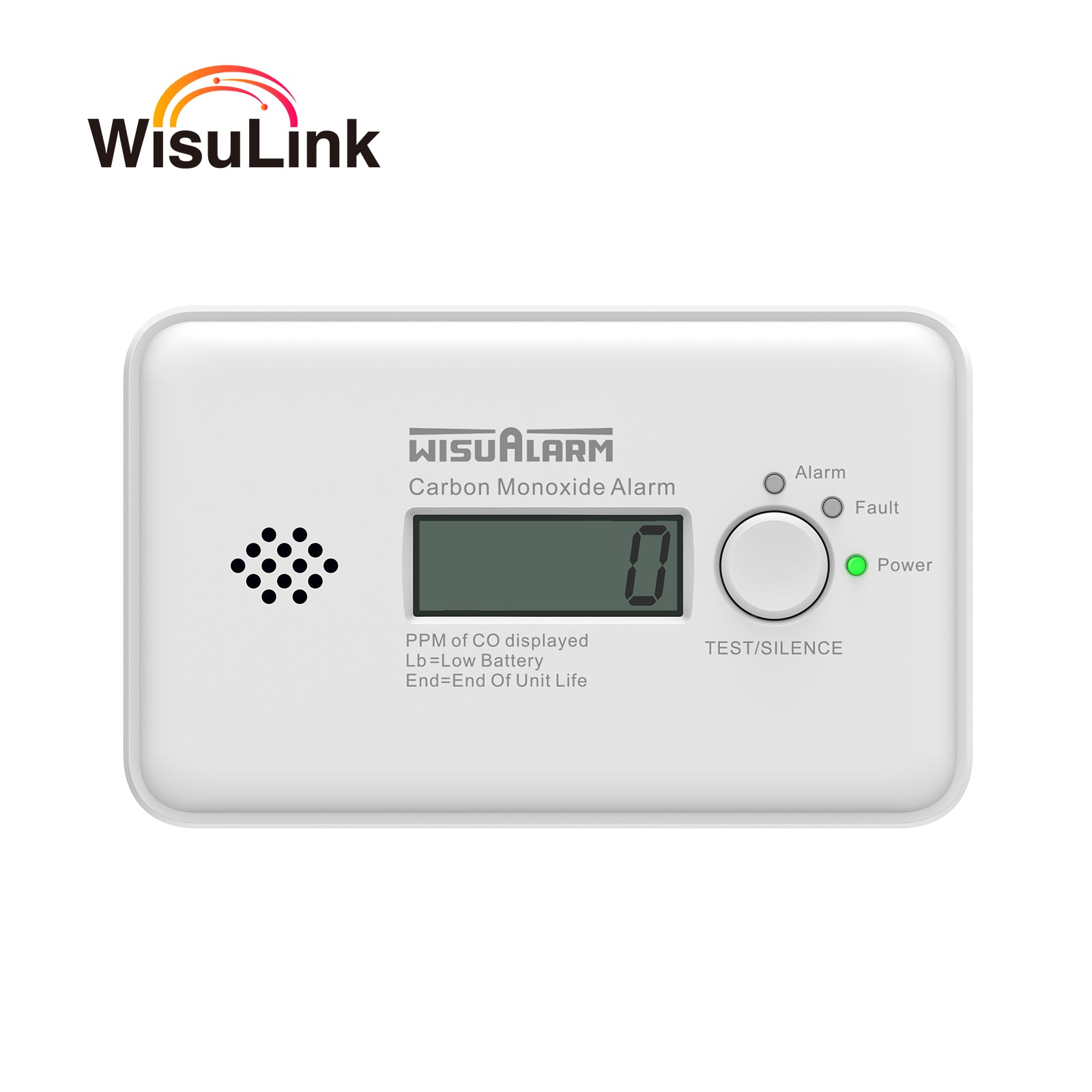





















Laat een reactie achter